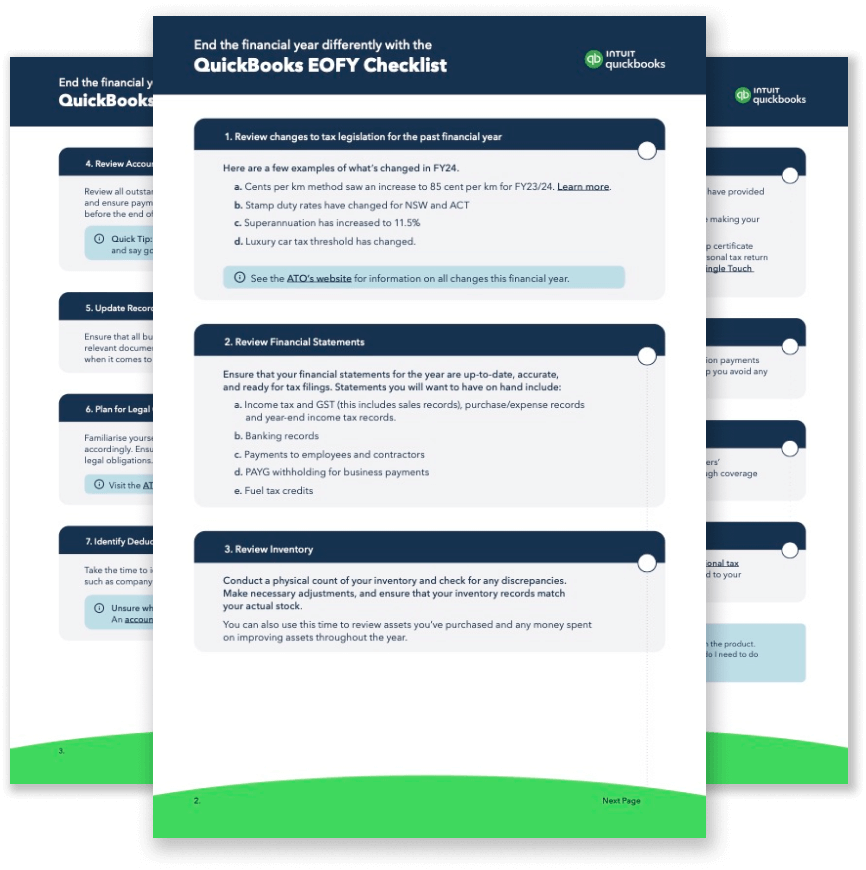What is Net profit?
Net Profit Definition
Net profit, also known as net income or net earnings, is a financial metric used to determine a company's profitability after all expenses, taxes, and other deductions have been accounted for. It represents the money a business retains after all its operating costs have been subtracted.
Net profit is calculated by subtracting all expenses, including taxes, interest, and other costs, from a company's total revenue. Once these expenses are subtracted, the result is the company's gross profit. Then, taxes and other deductions are subtracted from the gross profit to arrive at the final net profit.
Net profit is a key financial metric that investors, creditors, and management use to gauge a company's profitability and financial health. It helps businesses make informed decisions about investing, financing, and budgeting by assessing their overall financial performance.
Besides investors, net profit is also important to shareholders. It is often used to determine the amount of earnings per share (EPS) that a company has generated. Investors use EPS as one of several factors when deciding whether to invest in a company's equity.
Net profit is critical to a company's overall financial health and serves as an integral metric in its financial statements. It provides insights into a company's operating efficiency and measures its ability to generate profits from revenue.
Net profit is often used in conjunction with other financial ratios to assess a company's profitability, including the return on investment (ROI) ratio, earnings per share (EPS), and gross margin ratio. The ROI ratio measures how much profit is generated from investment, and the EPS calculates the amount earned for each share of outstanding stock.
Net profit can also be used in financial modelling to estimate the future earnings potential of a company and assess investment decisions. Various models use net profit as the primary driver of a company's valuation and provide a basis for measuring a stock's price-to-earnings ratio (P/E).
It is essential to note that net profit can fluctuate, depending on a variety of factors, including changes in the market and increased competition, affecting a company's profitability. Additionally, different companies from different industries may have different net profit levels, making comparisons difficult. For instance, a brick-and-mortar store is likely to have lower net profits than a software company that sells its products online.
Overall, net profit is a vital concept in finance and accounting, providing insight into a company's financial health and profitability. Its analysis enables investors, creditors, managers, and other stakeholders to make informed decisions about investing, financing, and budgeting, translating to improved business performance and growth.









